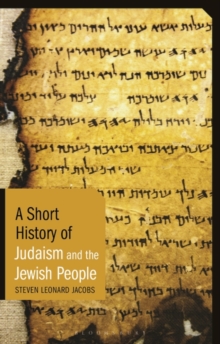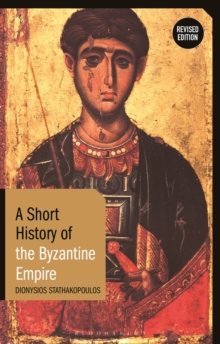
A Short History of the Weimar Republic PDF
by Storer Colin Storer
Part of the Short Histories series
Description
It is impossible to understand the history of modern Europe without some knowledge of the Weimar Republic. The brief fourteen-year period of democracy was marked by unstable government, economic crisis and the rise of extremist political movements. Yet at the same time a vibrant cultural scene flourished, which continues to influence the international art world, whether indirectly via the enduring popularity of Christopher Isherwood's Berlin Novels and Bob Fosse's Cabaret, or in more concrete ways through the aesthetics of Expressionism and the Bauhaus movement. Historians have seen the Weimar Republic as a democratic experiment set between the authoritarian monarchism of the Wilhelmine Empire and the tyranny of the Third Reich, but contemporaries were not so pessimistic. While some disparaged the new democratic system and fulminated against Weimar cosmopolitanism and 'decadence', most praised attempts to bring social improvement and the emancipation of women, or celebrated the exciting forays into the avant-garde of Weimar's artistic elite.
In the fields of visual art, literature, theatre, cinema, music and architecture - not to mention chemistry, physics and psychology - Germany became a world leader during the 1920s, while her perilous political and economic position ensured that no US or European statesman could afford to ignore her. Weimar Germany was thus much more than merely a cul-de-sac off Germany's difficult 'special path' to modernity, it was a key period in German and European history whose influence continues to be felt. Incorporating original research and a synthesis of the existing historiography, this book will provide students and a general readership with a clear and concise introduction to the history of the first German Republic. It highlights key concepts and themes in the study of German history in general and the Weimar Republic in particular.
Information
-
Download - Immediately Available
- Format:PDF
- Pages:254 pages
- Publisher:Bloomsbury Publishing
- Publication Date:10/04/2013
- Category:
- ISBN:9780857723840
Other Formats
- EPUB from £12.14
- PDF from £12.14
Information
-
Download - Immediately Available
- Format:PDF
- Pages:254 pages
- Publisher:Bloomsbury Publishing
- Publication Date:10/04/2013
- Category:
- ISBN:9780857723840










